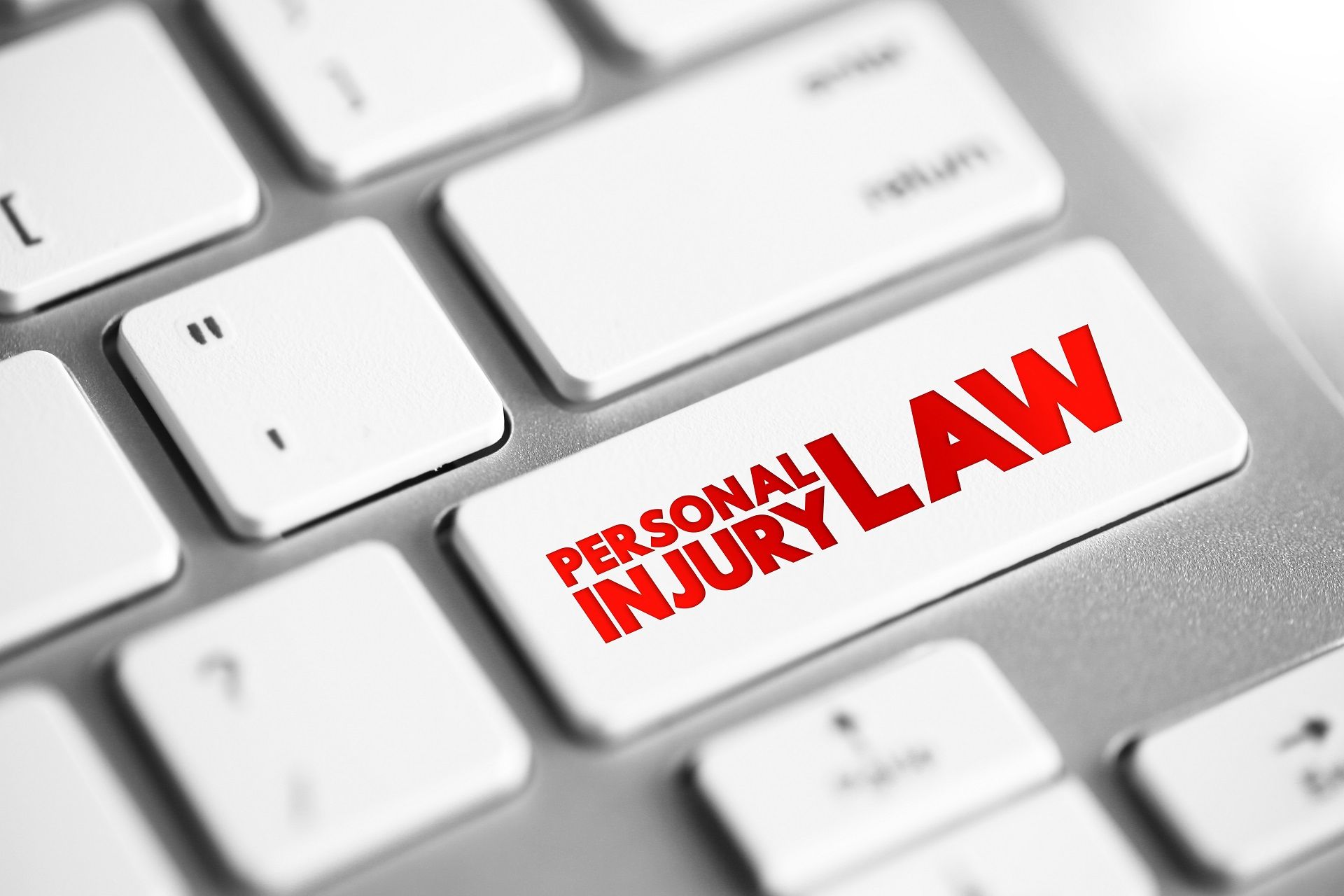What Happens At An Administrative Law Judge Hearing?

Administrative Law Judge (ALJ) hearing
Applying for disability benefits is anything but straightforward, especially in situations where your first claim isn’t accepted and you end up taking a part in an Administrative Law Judge (ALJ) hearing.
Understandably, this may sound scary for first-timers more so when they learn a
vocational expert will be involved.
So if you just received your Notice of Hearing letter, you’re probably wondering how the entire process looks and debating does the ALJ always agree with vocational expert or not.
Continue reading to find out.
What Is An Administrative Law Judge Hearing?
The hearing before an Administrative Law Judge happens only if your claim was denied twice. Let’s say you had a serious surgery and applied for disability benefits. You’ll face a hearing if you got denied at the initial level, then filed an appeal but it also got denied.
This is your only chance to appear before a person who decides the outcome of your disability claim.
Fret not, because the ALJ isn’t bound by the decisions at earlier levels, meaning they will make their decision based on the evidence presented at the hearing. The judge will review all the medical records, but their role is to reach a new decision made by observing you, listening to your testimony, reviewing your records, and listening to the opinions of a vocational expert.
While the thought of testifying brings up the image of scenes from ‘’A Few Good Men’’, this hearing doesn’t resemble a classing civil trial. You won’t be bullied by any prosecutor trying to prove you’re not disabled. You’ll simply be allowed to speak about your health challenges while an ALJ tries to make a fair inquiry into your problems.
Now that’s out of the way, let’s focus on the
role of the vocational expert and does the ALJ always agree with the vocational expert.
The Role Of The Vocational Expert At The Hearing
While it may seem so at first glance, the vocational expert is not trying to prove if you’re actually disabled or find you a job. Their role is to aid the judge in making the best decision by providing them with information about the vocational and functional requirements for different lines of work.
They will describe the functional requirements for the jobs you performed over the past 15 years. This helps the judge understand how your impairment impacts your ability to perform the same work.
Additionally, a vocational expert can also explain what a particular job entails outside of the job description. For example, the role of the cashier isn’t described as having a lot of heavy lifting. But in the real world, cashiers often stock shelves when they’re not working with customers at the cash register.
A vocational expert also provides their opinion of job availability as related to your work background, functional limitations, education, and your age.
The ALJ will ask the vocational expert a series of hypothetical questions to determine if you can perform the same types of jobs. If not, the hypothetical questions will reveal if there are available jobs that you could perform with your set of functional skills and disabilities.
For example, a typical question is phrased like this:
Consider a person with the same age, same education, and work history as the claimant. Can that individual perform sedentary work? Are there any jobs currently available that they can perform?
Keep in mind that these questions don’t reflect the judge’s decision.
Does The ALJ Always Agree With Vocational Expert?
Even though a vocational expert may state there are no available jobs you can perform with your disabilities, the outcome might still be unfavorable.
That answers the question of does the ALJ always agree with vocational expert, but once you scratch the surface, it’s not as clear cut.
This is due to the
fact that the vocational expert isn’t testifying about your abilities. The judge simply decides your residual functional capacity (restrictions based on your medical records) and uses it to determine if you’re disabled.
The set of questions that the judge asks will reflect your potential capacity, starting with the least amount of restrictions and ultimately ending with the highest amount.
For instance, the judge can ask the expert about the availability of jobs for an individual that can lift only ten pounds. If the vocational expert suggests a few jobs and the judge thinks you can lift the same weight, you’ll most likely get an unfavorable decision. If the judge thinks you can’t lift more than 5 pounds and further limitations rule out all jobs, you may get a favorable decision.
In other words, the expert testimony is opinion evidence for the judge about the vocational impact of certain ailments on employability. The judge may simply decide that the opinion of the vocational expert is supported by the available medical evidence.
Is It Possible To Challenge The Vocational Expert’s Testimony?
Your attorney can ask the expert follow-up questions. They may question the expert to rule out any jobs by including additional limitations that the ALJ may have forgotten to mention.
Furthermore, the attorney can also challenge the opinions of the vocational expert by claiming a lack of transferable skills. This can be done by showing that your past work experience didn’t provide you with enough transferable skills for a plethora of reasons, such as proving your past work was unskilled.
It’s also worth mentioning that you have the right to hire your vocational expert.
For instance, a vocational expert can evaluate you before the hearing, which will ultimately help you make a better impression at the hearing. But more importantly, the testimony from your vocational expert can be used to refute the expert hired by the government.
You’ll be notified before the hearing about which vocational expert will testify in front of the law judge. Your attorney and the vocational expert you hired can then learn if the expert hired by the government has a negative bias toward most claimants.
This can ultimately help you receive the most favorable outcome as you’ll be fully prepared for the hearing that has a significant impact on your future.
How To Find The Best Vocational Expert?
If you’re anxious about appearing in front of an administrative law judge or the outcome of the hearing, we can’t blame you. The best cure is doing everything that’s in your power to prepare the best case.
While your attorney can help, it doesn’t hurt to add an extra line of defense into your ranks.
Experts from
OAS have helped many claimants win their disability cases over the last 40 years. If you want the experience and a great track record, rest assured that you’ll be getting the best service possible with us.
Call us at
800-292-1919 to book an appointment and we can discuss exactly how we can help you win your disability case.
RECENT POSTS
CONTACT US
We will get back to you as soon as possible.
Please try again later.
Evaluation Request
Contact Us
We will get back to you as soon as possible.
Please try again later.
Contact
Contact Us
We will get back to you as soon as possible.
Please try again later.
All Rights Reserved.
This website is managed by Oamii.







